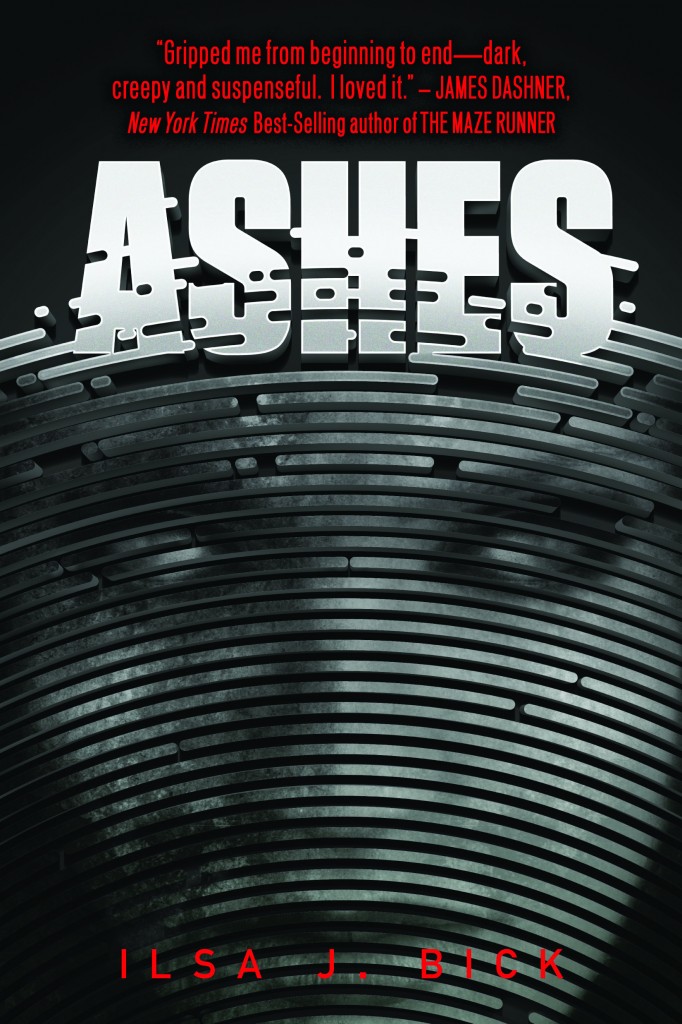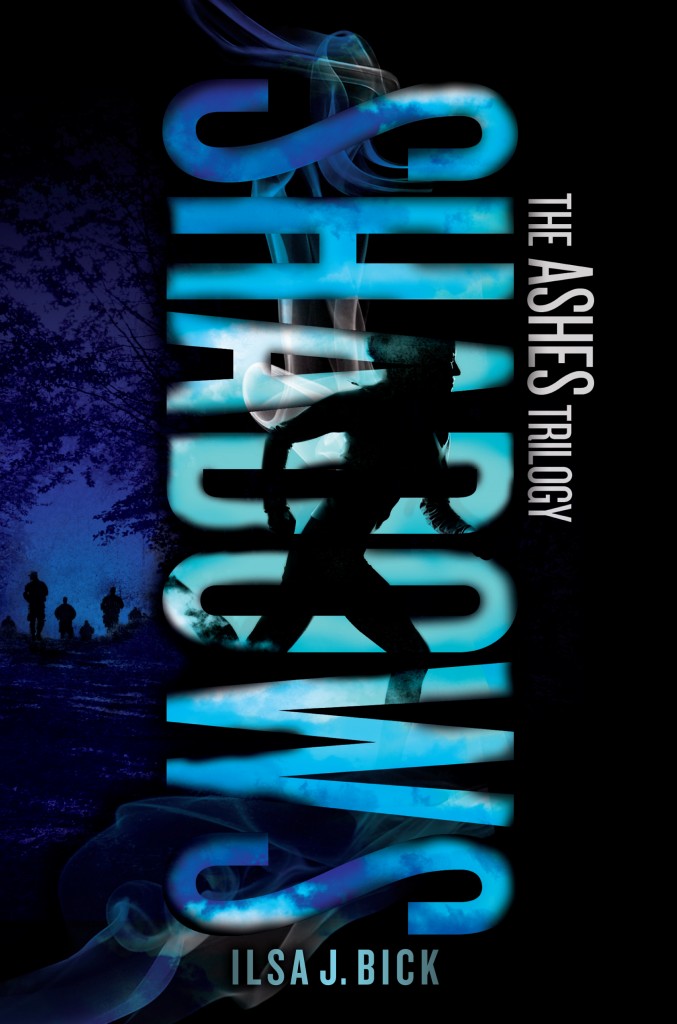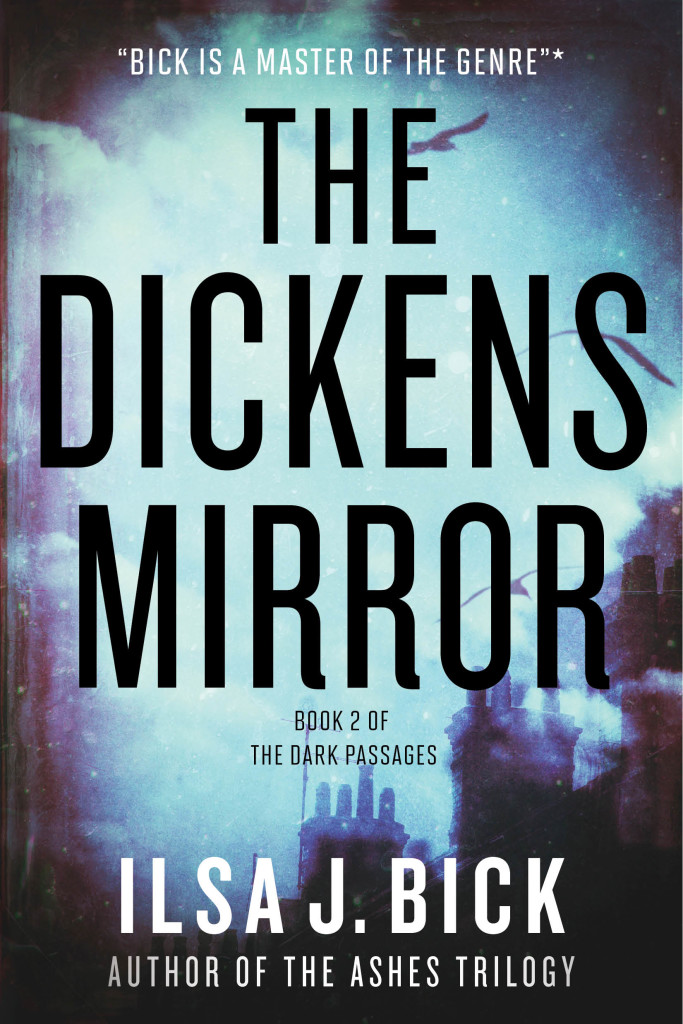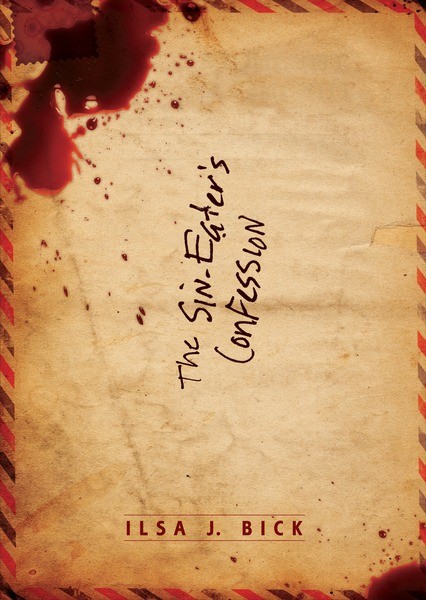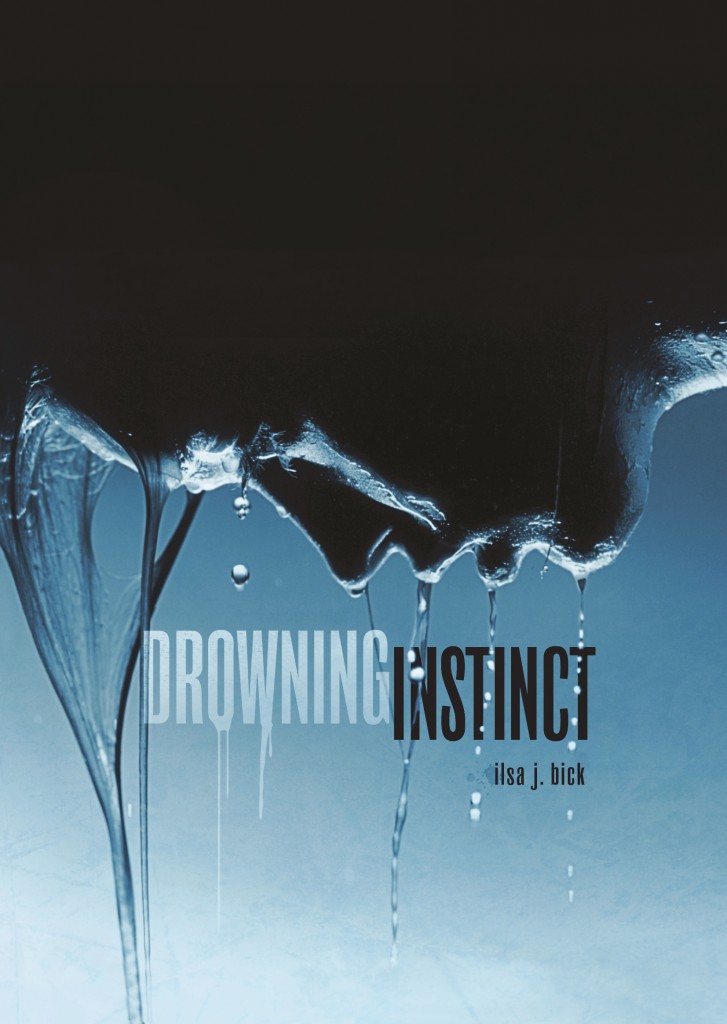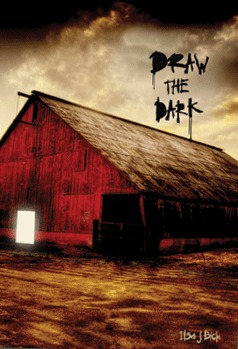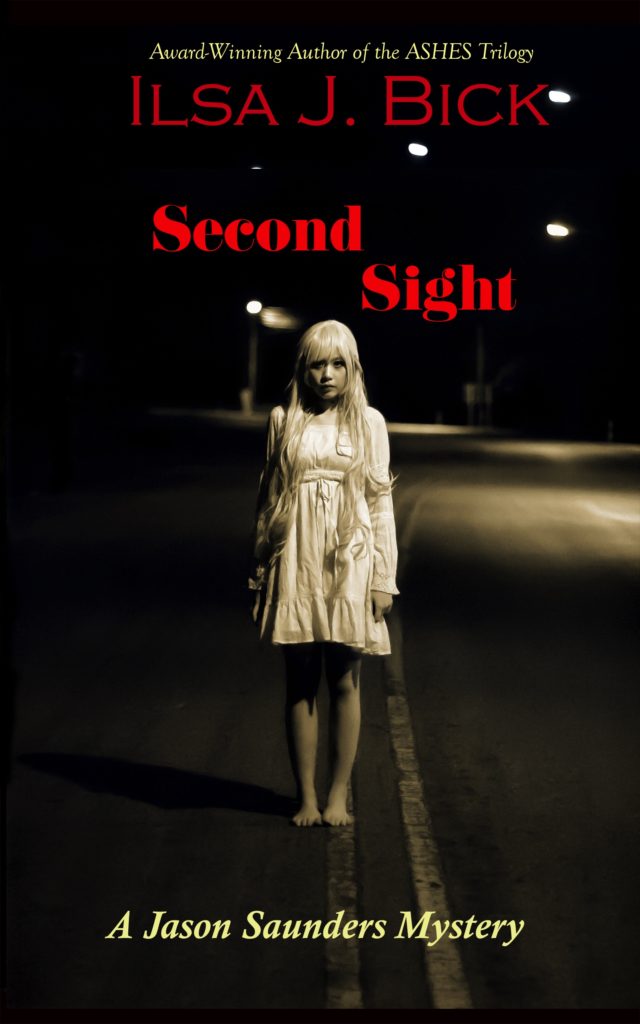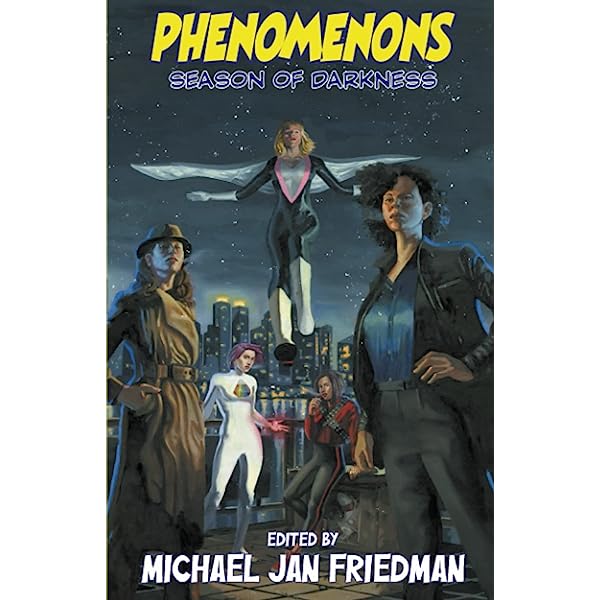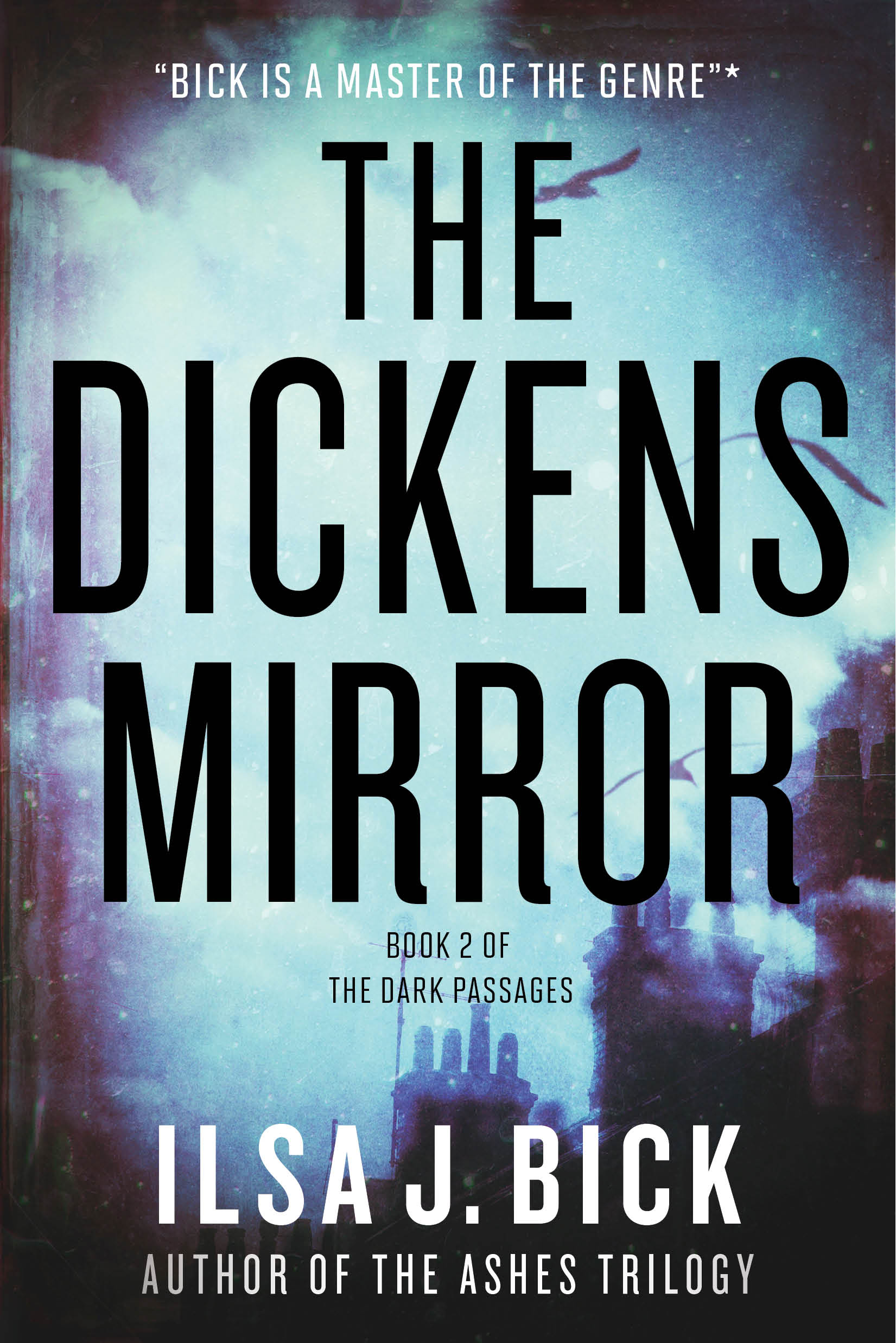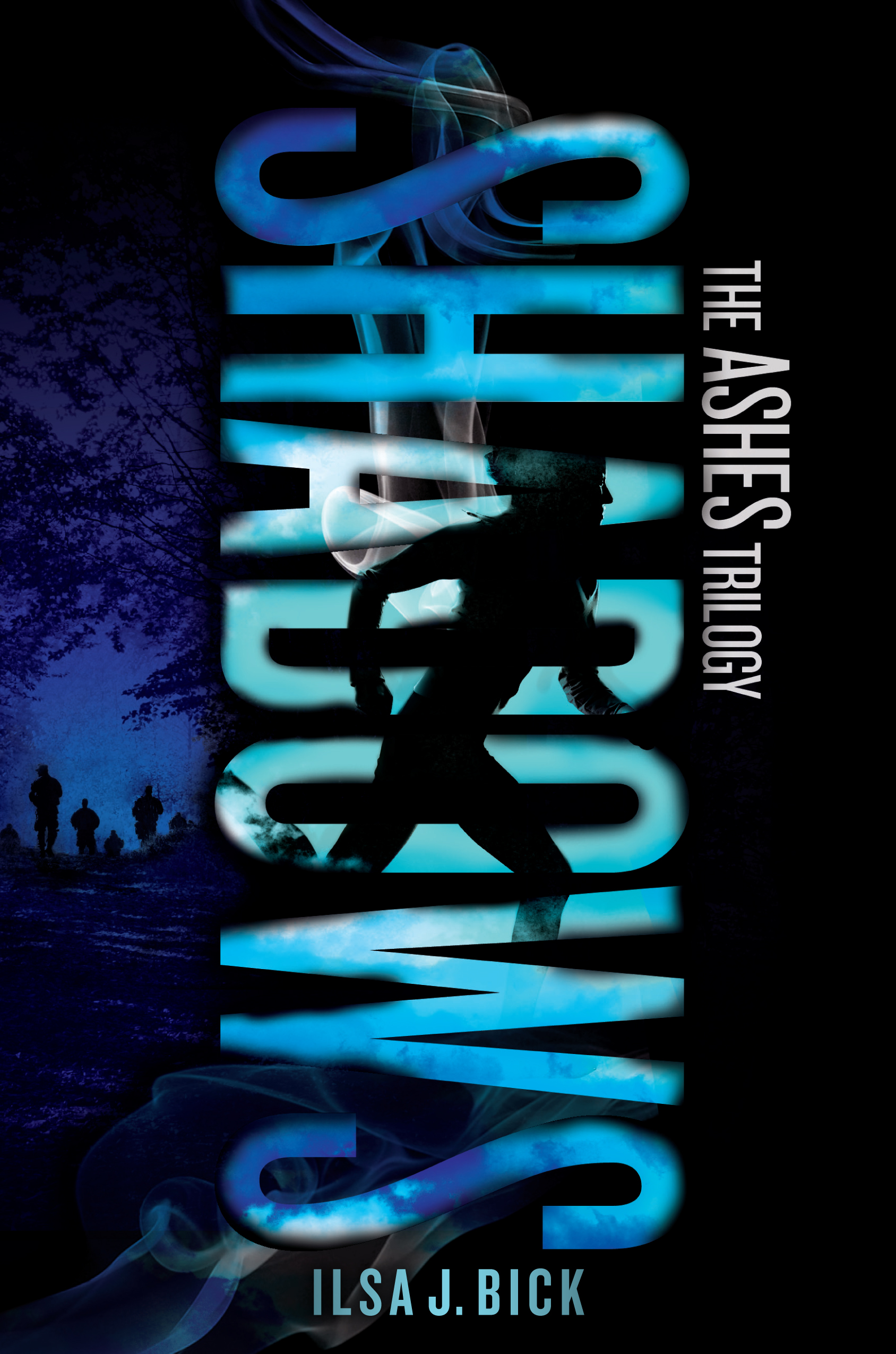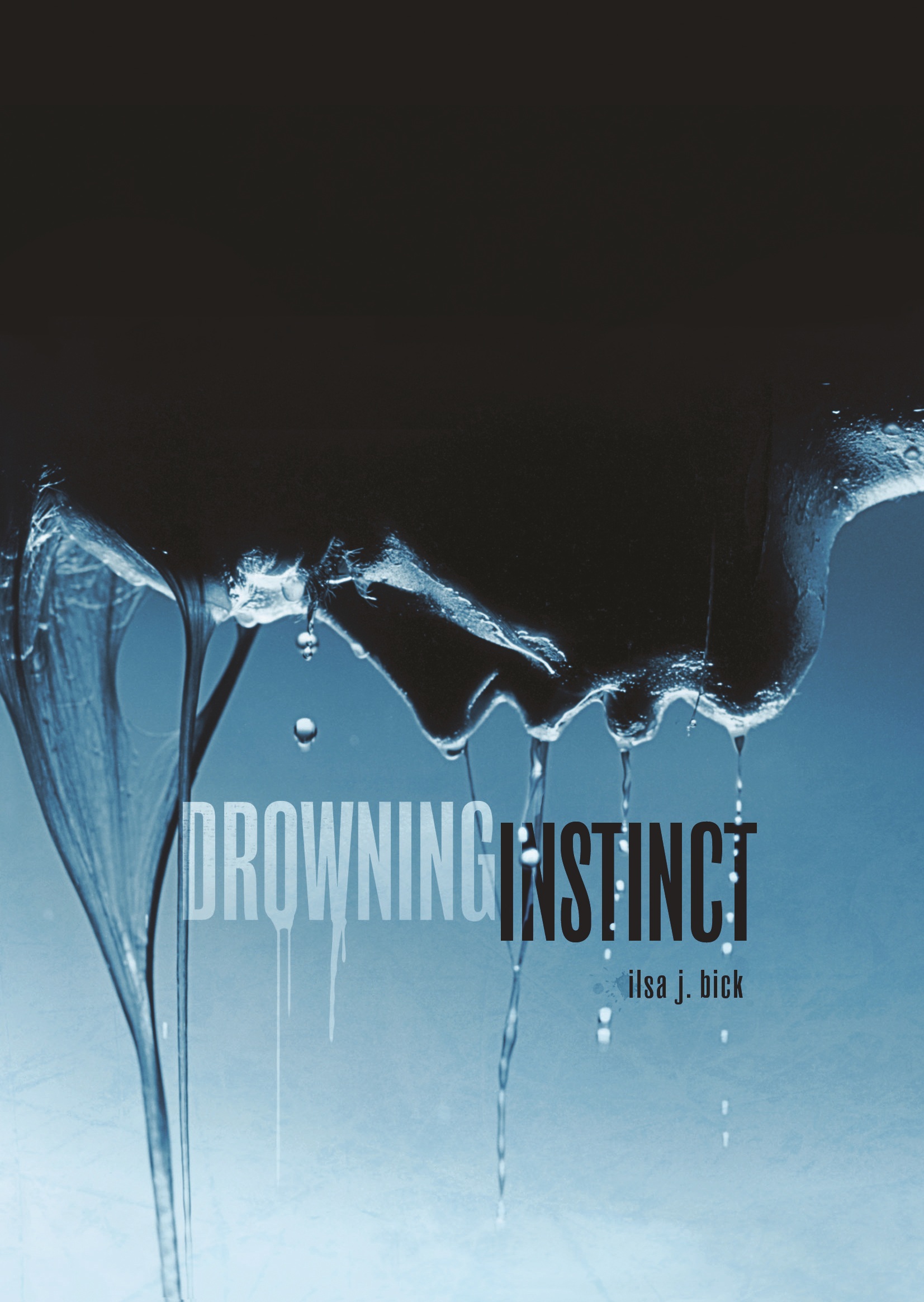And I’m not talking about coffee . . .
This week, I began work on my newest YA in earnest. Unfortunately, I missed a day so today, I’m on the job, working to make my goals for the week. Kind of like a piece-worker who hasn’t stitched enough shirts.
People are always surprised when I call what I do a job. Most people think of artistes as fairly unstructured characters, waiting for the muse to tap them on the shoulder. There are lots of apocryphal stories about people like Thomas Mann only crafting a paragraph a day. (A practical impossibility if you take into account how much he wrote. The guy wouldn’t have made it a third of the way through The Magic Mountain before he died.)
Writing is work. You want to write? Well, then, it’s a job. Every working writer knows and has done this, whether now, in the heydey of pulp fiction, or back when Dickens prowled the darkest streets in London. (Because, hello, he was a reporter before he made it with Sketches by Boz. Dickens knew about work and making deadlines.) Before I started writing full-time, I was working another full-time job. Now this is my full-time job. There are good and bad aspects to it, just like any job. I go through some days not interacting with another soul except, maybe, my cat. Other days, I force myself to get out and about just so I don’t grow up to be one of those people who wanders around talking to themselves . . .
An interesting question at Shore Leave was whether or not writers should give up a job that takes them away from writing. Some people thought you could, others thought you shouldn’t because then you lose touch with the world around you. I can understand that. I also know it’s physically impossible for me to keep my writing to the level I want it if I DO other work. Been there, done that, bought the t-shirt. Not that I don’t daydream about going back to some kind of practice. I entertain that about once a month. Then I lie down and wait for it to go away–or my husband reminds me that I was ALWAYS complaining about not having enough time to write. That, too, is a bogus complaint. There’s time to write. There’s as much time to write as there is to brush my teeth, and I never tell myself I don’t have time for that. The point is, if I did go back to work outside the house, I could write–but my goals would have to reflect my changed circumstances. So, instead of three or four or six hours, I might have two. Some days, one. You adjust. But you don’t ever NOT write.
What’s in a day’s work? Well, I know writers who work until they get a certain number of words. I go for pages, about 12, and I frequently make more. Sometimes less, depending on the stage the work-in-progress (WIP) is in. Beginnings are always hard, and I’m lucky to crank out 8 pages that first day. Then, I cut myself a break and try not to fret, although I’m always fretting, trying both to keep my internal critic at bay (i.e., this book STINKS!) and my butt glued to the chair until the work is done. Sometimes I’m done in a couple of hours. Sometimes not. If that means I’m here all day and into the night, so be it. Takes something called “discipline,” which I’ve always had. Believe me, you don’t make it through medical school without it.
Kris Rusch has written, along with other articles, an excellent piece on discipline and she is one of the most disciplined writers I know. Worth a look, believe me.
* * *
What I’m reading: Memoirs of a Teenage Amnesiac by Gabrielle Zevin
An article worth the time: “Watching Whales Watching Us” by Charles Siebert (and a nice interview with a Siebert bibliography on Lisa Brown‘s blog). Also, take time to listen to Terri Gross’s interview with Siebert and wildlife biologist Dr. Toni Frohoff.







